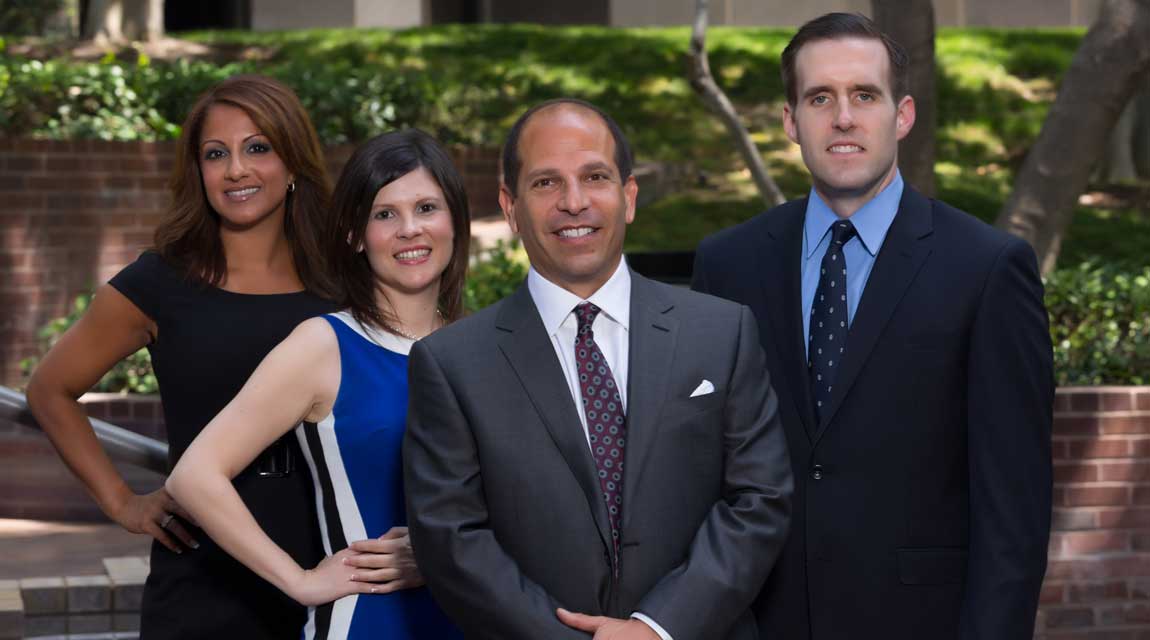Woodland Hills personal injury trial lawyer Barry P. Goldberg has been filing more and more complaints on cases that previously were settled without trial. Because Mr. Goldberg has been refusing to accept “short money” on otherwise solid cases, making the small and moderate size case economical are absolutely essential. One of the tools trial lawyers use are “Cost of Proof” sanctions. These sanctions can reimburse the attorney for trial-related costs when a defendant refuses to admit the obvious. This makes the one day mandatory trial even more desirable.
Cost of Proof Sanctions.
A party may request in writing any other party to admit the “truth of specified matters of fact, opinion relating to fact, or application of law to fact” that relates to a matter in controversy between the parties. (§ 2033.010.) Generally, “[a]ny matter admitted in response to a request for admission is conclusively established against the party making the admission in the pending action.” (§ 2033.410 (a).)
In its answer to a request for admission, a responding party must “[s]pecify so much of the matter involved in the request as to the truth of which the responding party lacks sufficient information or knowledge.” (§ 2033.220 (b)(3).) “ ‘[S]ince requests for admissions are not limited to matters within personal knowledge of the responding party, that party has a duty to make a reasonable investigation of the facts before answering items which do not fall within his personal knowledge. [Citations.]’ [Citation.]” (Bloxham v. Saldinger (2014) 228 Cal.App.4th 729, 751–752 (Bloxham).) Therefore, “[i]f a responding party gives lack of information or knowledge as a reason for a failure to admit all or part of a request for admission, that party shall state in the answer that a reasonable inquiry concerning the matter in the particular request has been made, and that the information known or readily obtainable is insufficient to enable that party to admit the matter.” (§ 2033.220 (c).)
Requests for Admissions.
“‘Requests for admissions. . . are primarily aimed at setting at rest a triable issue so that it will not have to be tried. Thus, such requests, in a most definite manner, are aimed at expediting the trial. For this reason, the fact that the request is for the admission of a controversial matter, or one involving complex facts, or calls for an opinion, is of no moment. If the litigant is able to make the admission, the time for making it is during discovery procedures, and not at the trial.’ [Citation.]” (Bloxham, supra, 228 Cal.App.4th at p. 752.)
“If a party fails to admit the genuineness of any document or the truth of any matter when requested to do so . . . , and if the party requesting that admission thereafter proves the genuineness of that document or the truth of that matter, the party requesting the admission may move the court for an order requiring the party to whom the request was directed to pay the reasonable expenses incurred in making that proof, including reasonable attorney’s fees.” (§ 2033.420 (a).) The court must make an order awarding the requested expenses unless it finds any of the following: “(1) An objection to the request was sustained or a response to it was waived under Section 2033.290. [¶] (2) The admission sought was of no substantial importance. [¶] (3) The party failing to make the admission had reasonable ground to believe that that party would prevail on the matter. [¶] (4) There was other good reason for the failure to admit.” (§ 2033.420 (b).)
Reasonable Expenses Must be Awarded.
“‘The determination of whether “there were no good reasons for the denial,” whether the requested admission was “of substantial importance,” and the amount of expenses to be awarded, if any, are all within the sound discretion of the trial court. [Citation.]’ [Citation.]” (Bloxham, supra, 228 Cal.App.4th at p. 753.) However, “if the trial court exercises its discretion and determines that the requirements of the statute exist, reasonable expenses must be awarded.” (Brooks v. American Broadcasting Co. (1986) 179 Cal.App.3d 500, 508 (Emphasis added).)
Mr. Goldberg recommends that the requests for admissions be well thought out and involve issues of “substantial” importance— liability, causation and damages.








